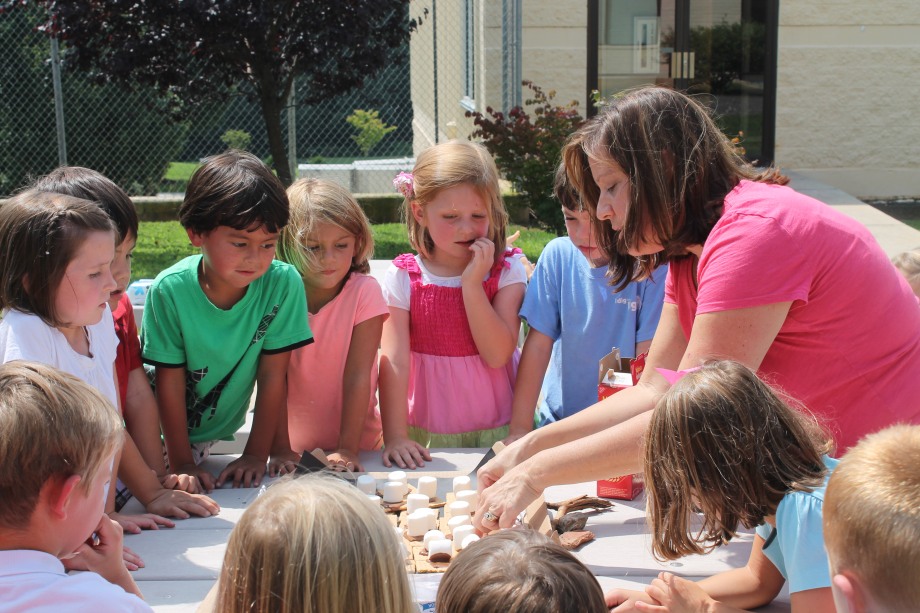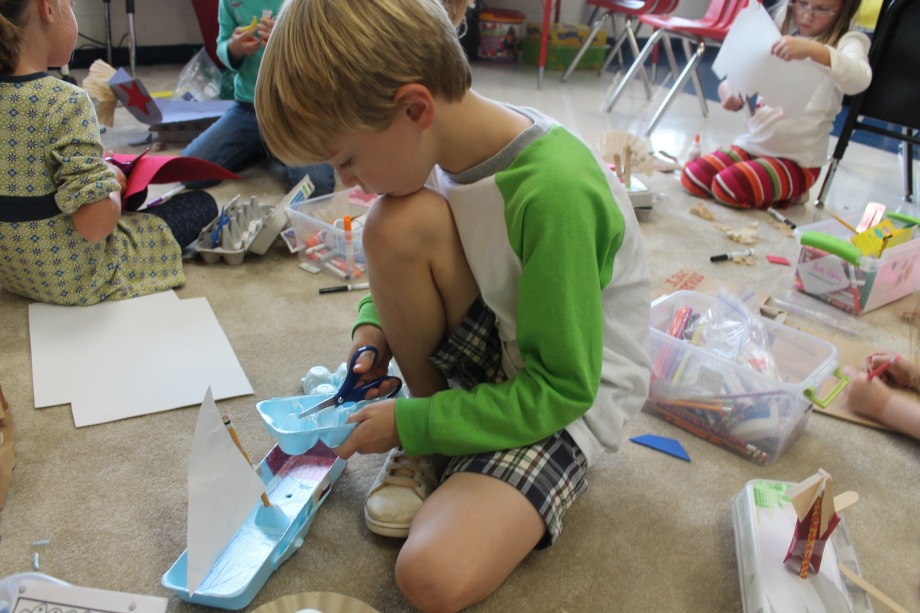
Schools are in the midst of radical upheaval due to technological innovation. The bastions of writing neatly on lined paper are facing a “paperless” future. The time-honored tradition of students keeping a hand-written agenda or planner, neatly copying each assignment from the board in the classroom, and then checking off each assignment as it’s completed, no longer reflects a world in which people keep their to-do lists electronically. As teachers begin to use electronic classrooms to create and post assignments, information becomes immediately available to students. As students begin to use electronic calendars and to-do lists to keep track of independent work deadlines, they no longer need to carry an agenda, but only need to keep track of their electronic device.
Some schools are now using software that allows parents to see each teacher’s gradebook — every assignment, as well as every test and quiz grade. I have heard parents say that they like having instant access to their children’s information. They know immediately if their child missed a homework assignment or bombed a quiz. Teachers and students, however, find this to be stressful, as you can imagine. When parents expect immediate feedback on their children’s work and question why their child earned a specific score, that requires teachers to place grading and communicating with parents at the very top of their priority lists, as opposed to planning or reflecting on the day’s lesson. When parents can micromanage their child’s homework and performance, students lose the opportunity to learn from making mistakes and managing their own day-to-day work.
I question the benefit of instantaneous feedback and heavy accountability for both teachers and students. I am concerned that parents having complete, instant knowledge of everything about their child’s school experience puts assessment performance too high on the list of priorities and robs children of independent learning opportunities. I want students in middle school, especially, to learn how to be responsible for their own to-do lists, to be able to make the mistake of not planning ahead, to feel the disappointment of earning a poor grade resulting from insufficient preparation. If parents always know every single thing their children need to prepare, and then ensure that the preparation happens, children will never learn from their mistakes or lack of preparation. I worry that parents’ insatiable need for information about their children’s progress actually hinders that progress.

Very well-written article, Mary – Instant gratification and being always ‘connected’ isn’t always good thing. And you hit the nail when you say: “I worry that parents’ insatiable need for information about their children’s progress actually hinders that progress.”
Helicoptering over kids all the time causes more of a hindrance to the kids development.
LikeLike